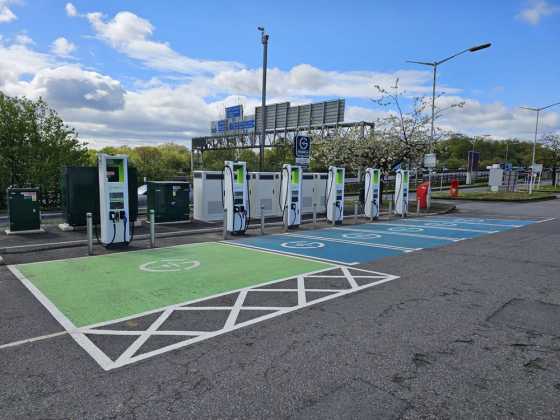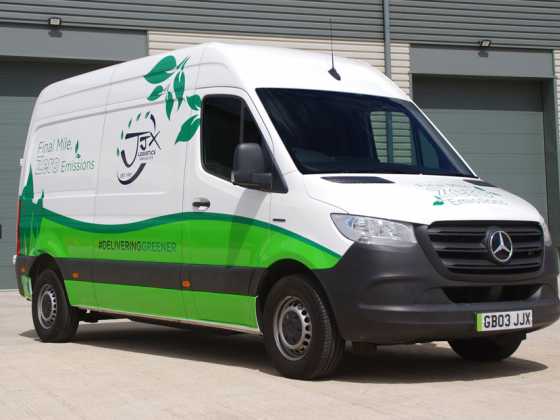Scotland to ban petrol and diesel cars by 2050?
The Scottish government is aiming to ban all petrol and diesel cars from towns, cities and other communities by 2050.
This is according to a new “Switched On Scotland” document, intended to serve as a ‘roadmap’ towards the future that encourages businesses and private motorists to swap to electric vehicles (EVs).
The government will put its money where it’s mouth is here, by spending over £14 million in the next two years to purchase EVs in replacement of its current petrol and diesel fleet, and installing charging points at major buildings.
It is also continuing to encourage private buyers to go electric with a £5,000 grant towards the car purchase cost and a 100% grant to cover the cost of installing a home charging point. The grant towards an electric van is £8,000.
In addition to this, resources will be made available to provide the public with expert advice about the benefits of electric vehicles – which are said to be both environmental and financial.
According to government statistics, a third of all Scottish car journeys are less than two miles long, and a quarter are less than one mile long – yet these create a disproportionate amount of pollution.
Something that the Scottish government believes would be immediately eradicated by switching to EVs, since these produce zero tail pipe emissions ‘in motion’.
Hence the desire to free all Scottish towns, cities and communities from the “damaging effects” of fossil fuel vehicles by 2050.
As for the financial benefits, the plan suggests that electric vehicles cost 2p to 3p per mile, while a petrol or diesel vehicle costs around 16p.
Which sounds good, but doesn’t account for what happens to supply and demand should everyone suddenly start wanting to charge a shiny new electric car. The additional strain on the grid is likely to drive prices higher.
Still, Scotland is currently trialling a discount scheme on certain ferry routes, and electric are vehicles presently exempt from road tax.
While Scottish transport minister, Keith Brown, has been bullish about the proposals, saying “transformation is absolutely vital to achieve our ambitious climate change targets.”
However, even the Scottish Green party is struggling to make sense of the government’s plans, suggesting them unlikely to ease city centre congestion and pollution, and that the money would be better spent improving the existing road infrastructure.
This includes not just making the roads safer for cyclists and pedestrians, and improving public transport, but repairing pothole damage as well.
The statistical evidence in the ‘roadmap’ has also fallen victim to scrutiny, with Transport Scotland forced to revise figures showing an increase in the number of plug-in hybrid and electric vehicle registrations last year.
The number has fallen from 1,000 to just 235, after Transport Scotland conceded it had included mobility scooters in the original data.



